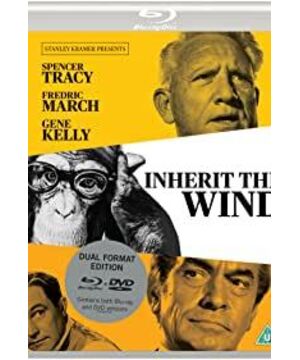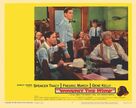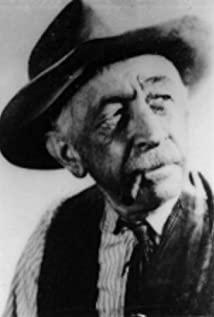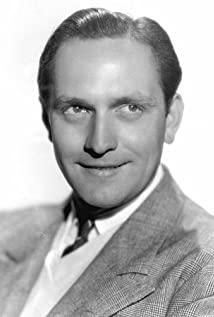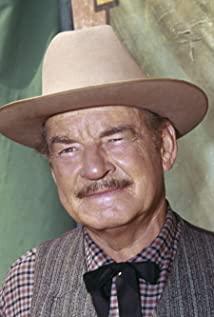In the real "monkey trial," the cause of the case was that the National Civil Liberties Union recruited a Tennessee biology teacher to "try the law by his own destiny" in order to challenge Tennessee's law prohibiting the teaching of "evolution" in the classroom, hoping to arouse widespread society Concerned about it, and appealed to the Supreme Court through judicial procedures in order to rule that the bill was invalid because it was unconstitutional, which has a clear meaning of "challenging the draconian law." In the film, different from the voluntary trial of the law in reality, the accused teacher is portrayed as an image of an innocent person who has been put to trial for adhering to the truth. Compared with real historical events, the spirit of "declaring war on the evil law" In terms of the inner core, the defendant changed from a "martyr" to an "innocent person", which was obviously eclipsed and detracted.
In addition, due to the limitations of film theory and performance techniques at the time, the film's portrayal of the characters inevitably has a tendency to "label" and simplify. Those who support the theory of evolution, including the defendant and their defense lawyers, are like the incarnation of justice and love, while the plaintiff who supports the theory of creation is either as inhuman as the pastor in the film, or as eager for quick success and quick gain as the local mayor, or as accused. Lawyer Fang is as stubborn and ignorant, or as fanatical as the religious protesters, so that people think of Hitler Youth League. This kind of characterization makes it easy for the audience to understand this confrontation between evolution and creationism as a contest between science and anti-science, or even a war between knowledge and ignorance, which is inconsistent with the true picture of history.
In terms of ideology, when the film is talking about religion, what exactly is it talking about?
The story in the film takes place in the conservative southern part of the United States, which has a strong religious tradition. For this reason, in addition to expressing his position through the prosecution argument, the director also gave the fanatical parade a sufficient part of the scene, and added a story about a heroine who did not exist in history and her break with her father. The local religious atmosphere is strong. At a public rally, the heroine's father even shouted the slogan "Exterminate infidels from the flesh", sending a disturbing message: where the fanaticism is, freedom of speech is silent.
The purpose of this trial is clearly stated in a classic defense statement by the lawyer Drummond in the film: "All draconian laws, like the plague, will destroy the people they touched before, regardless of its opposition. It’s still its pawn... If you legislate against the theory of evolution, then you can ban even reading the theory of evolution, then you can ban newspapers and publish books, and then you can try to impose your own religion on everyone’s mind and body. On...If you can do one of them, you can do another." This is a struggle that takes the anti-religious intrusion into legislation as its surface and defends the freedom of academic and speech granted by the Federal Constitution as its core struggle. The National Civil Liberties Union provoked this lawsuit not because of the so-called "religious fanaticism and ignorance", but because of the prevention of the gradual failure of legislation to restrict speech that may endanger freedom.
View more about Inherit the Wind reviews


